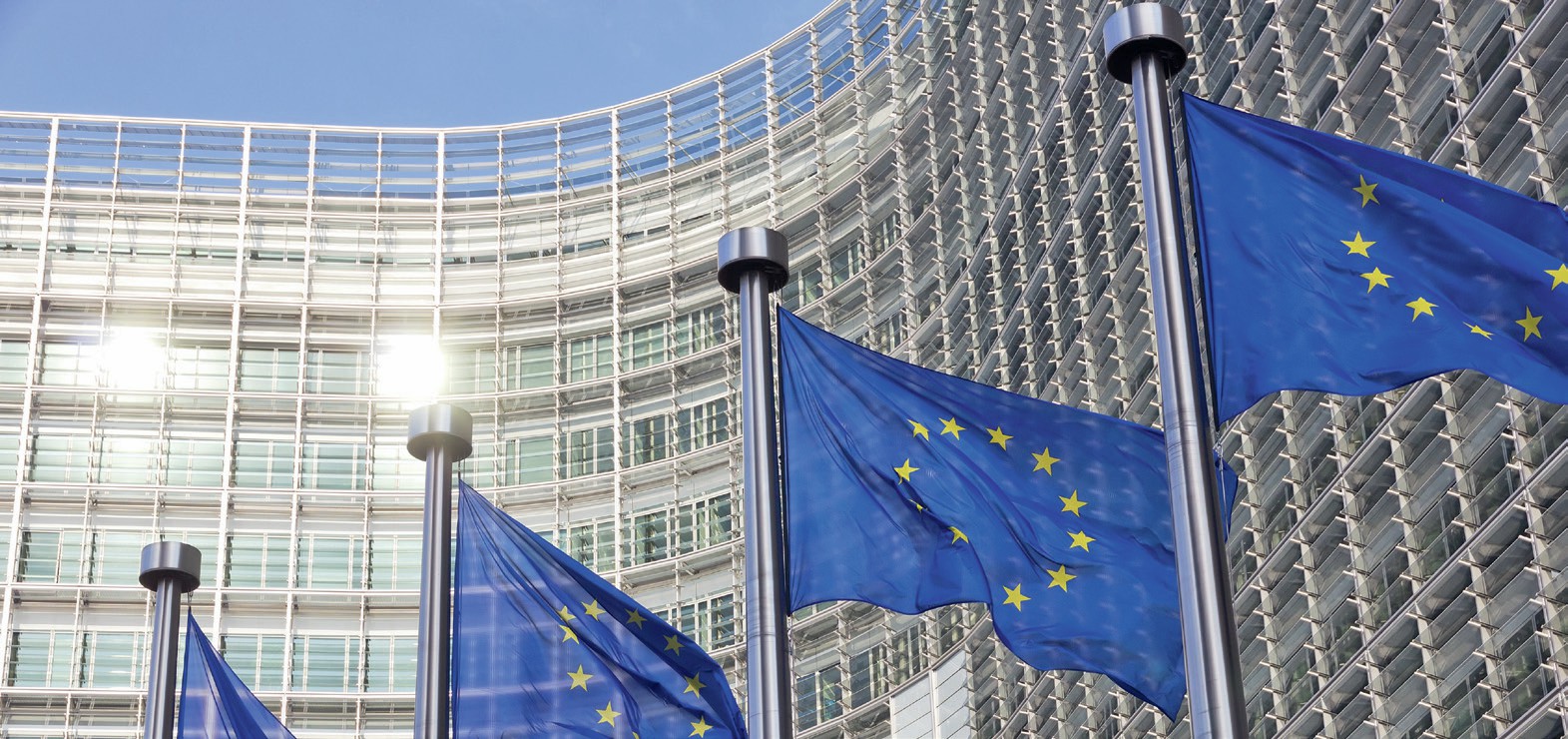
The freedoms of goods, services, persons and capital are the cornerstones of the European Union’s single market. These ‘four freedoms’ were established as key principles in the 1957 Treaty of Rome. The creation of the customs union in 1968 saw customs duties and quotas abolished, but progress on removing ‘non-tariff barriers’ slowed until the launch of the single market programme in the 1980s. The single market is ‘an area without internal frontiers in which the free movement of goods, services, persons and capital is ensured’. Its creation required the removal of three main barriers to free trade:
■ physical barriers, e.g. border checks and customs controls
Your organisation does not have access to this article.
Sign up today to give your students the edge they need to achieve their best grades with subject expertise
Subscribe




